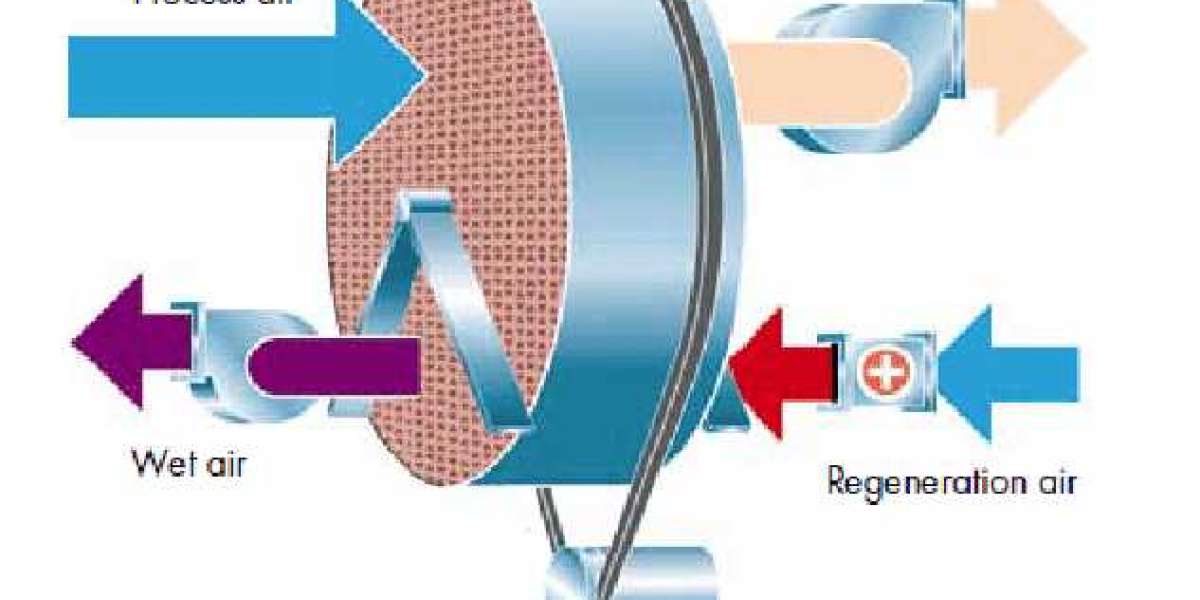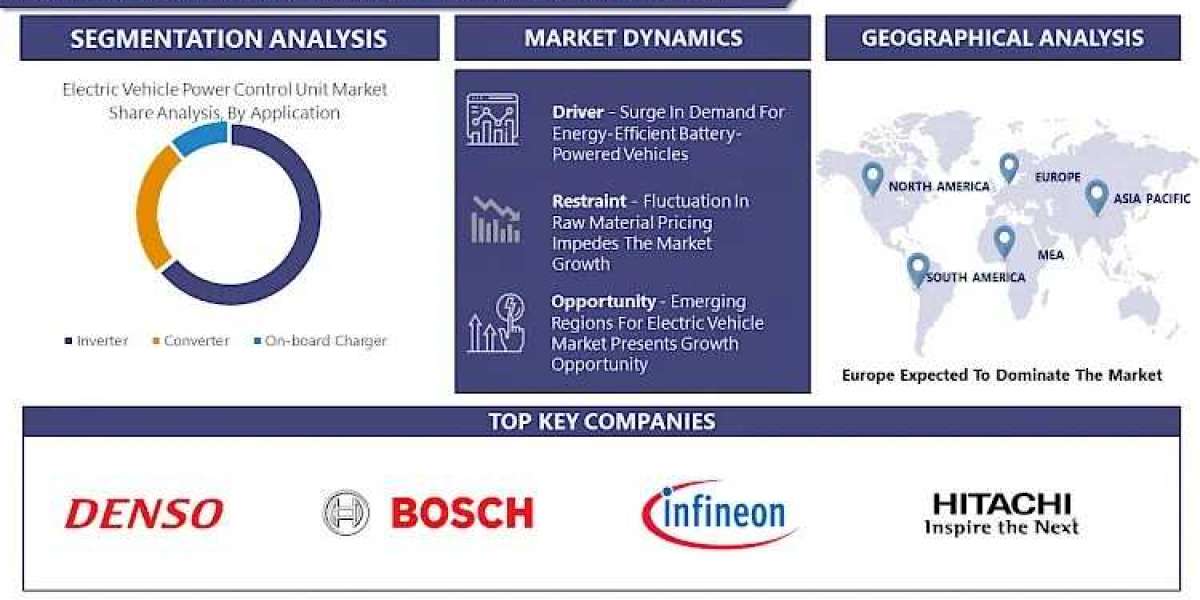The Global Desiccant Dehumidifier Market, valued at USD 740 million in 2023, is set for robust growth, with projections estimating it to reach USD 1.3 billion by 2034. This growth trajectory, driven by a compound annual growth rate (CAGR) of 5.1% from 2024 to 2034, highlights the increasing demand for effective moisture control solutions across various sectors.
Market Drivers and Advancements
One of the primary factors driving the expansion of the desiccant dehumidifier market is the rising consumption of frozen and processed foods. These products require stringent humidity control to maintain their quality, prevent spoilage, and extend shelf life. Desiccant dehumidifiers play a crucial role in food processing and packaging industries by maintaining optimal humidity levels, thereby preserving the integrity of food products. For instance, grains, spices, nuts, and dried fruits are highly sensitive to moisture. Excessive humidity can lead to changes in texture, flavor deterioration, and reduced shelf life.
In addition, advancements in desiccant-based dehumidification systems are enhancing market growth. Modern desiccant dehumidifiers incorporate innovative technologies that improve energy efficiency and reduce environmental impact. Leading manufacturers are developing systems with advanced heat recovery techniques, efficient control systems, and high-performance components. For example, Mayekawa's recent introduction of a desiccant dehumidifier utilizing CO2 heat pumps marks a significant advancement, overcoming the limitations of traditional dehumidifiers which rely on conventional heat sources such as electricity or natural gas. This new technology allows effective dehumidification in low-temperature environments without the risk of freezing, thereby offering a more versatile and energy-efficient solution.
Regional Insights
Geographically, Asia Pacific emerged as a prominent player in the desiccant dehumidifier market in 2023. The region’s significant share is attributed to the widespread application of desiccant dehumidification in various industries including manufacturing, automotive, chemicals, and construction. Increased awareness of environmental sustainability and energy efficiency further bolsters the market growth in this region.
Conversely, North America is expected to maintain a significant market share during the forecast period. This growth is driven by the rising adoption of humidity control dehumidifiers in commercial buildings, offices, hotels, and residential spaces. The region's focus on energy efficiency and sustainability, reinforced by stringent government regulations, is accelerating market development. Additionally, the integration of advanced technologies such as IoT-enabled controls, remote monitoring, and smart sensors is opening new business opportunities and enhancing the appeal of desiccant dehumidifiers in North America.
Key Players and Innovations
The global desiccant dehumidifier market is characterized by substantial investments in research and development (RD) by key players. Companies are focused on introducing cutting-edge technologies to improve efficiency and expand the applicability of desiccant dehumidifiers. Major players in the market include Airwatergreen AB, Atlas Copco, Bry-Air, Condair Group, Cotes, DehuTech AB, Fisen Corporation, Munters, Parker Hannifin Corporation, Quincy Compressor, Seibu Giken DST, SPX Flow Technology Germany GmbH, Sunpentown Inc., Trotec, and Zeks Compressed Air Solutions.
These companies are not only innovating to enhance the performance of desiccant dehumidifiers but are also exploring ways to make these systems more environmentally friendly and cost-effective. By focusing on the development of advanced dehumidification technologies, these industry leaders are setting the stage for sustained market growth and expansion.



